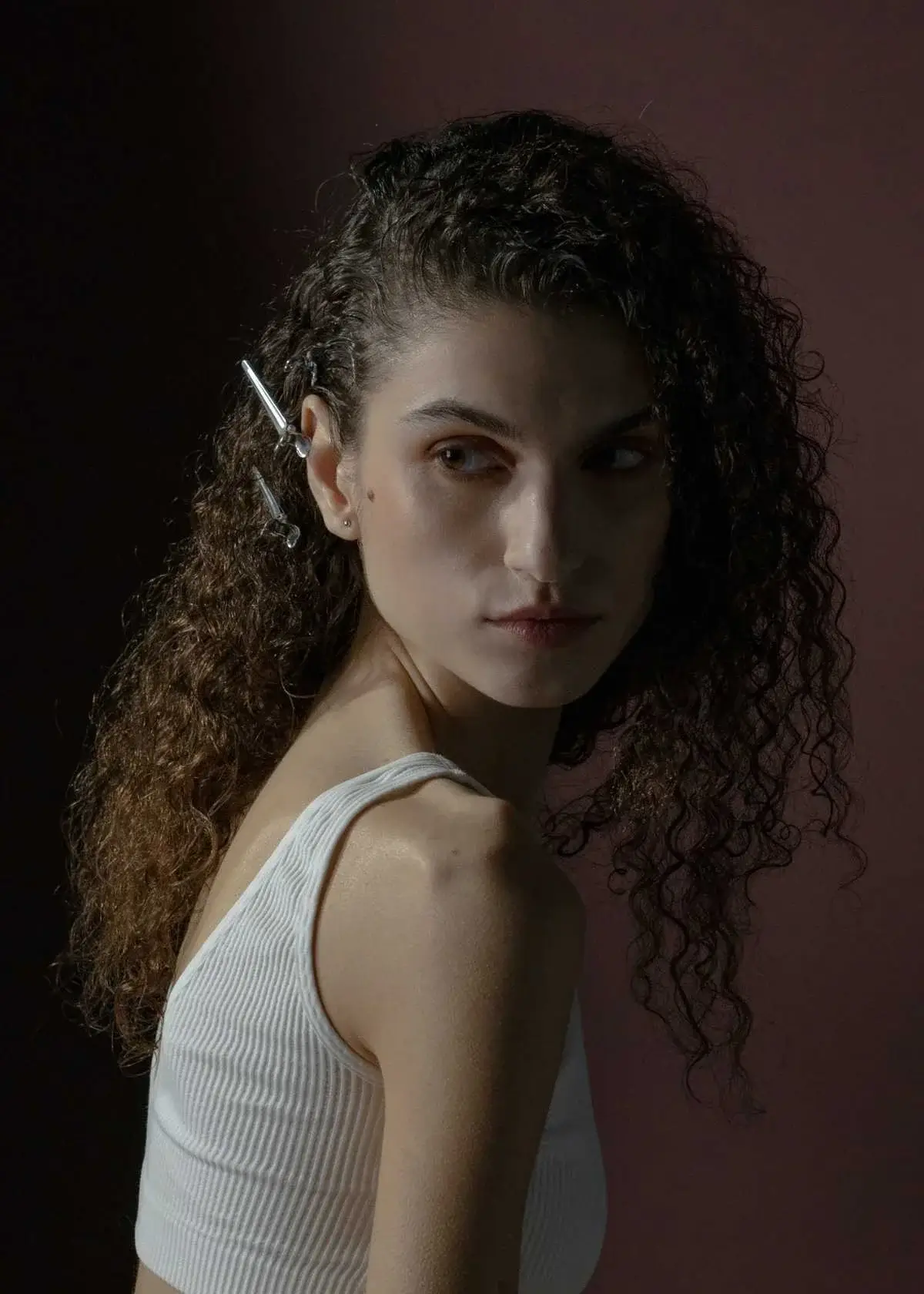Picture this: You've just stumbled upon the curly hair goldmine you've been searching for. That's right, we're talking about the magical world of deep conditioning! It's no secret that curly hair craves moisture, and deep conditioning is like the VIP pass to luscious, healthy, and bouncy curls. So buckle up, curl friends, because we're about to dive into the wonderful and mysterious realm of deep conditioning for curly hair.
In this ultimate guide, we'll break down the what, why, and how of deep conditioning, providing you with the lowdown on the best techniques, products, and tips to transform your curls from drab to fab. Whether you're a curly hair newbie or a seasoned pro, you'll find everything you need to up your hair care game and achieve the envy-inducing curls of your dreams. Get ready to wave goodbye to bad hair days and say hello to a whole new level of curl confidence. So, without further ado, let's get this curl party started!
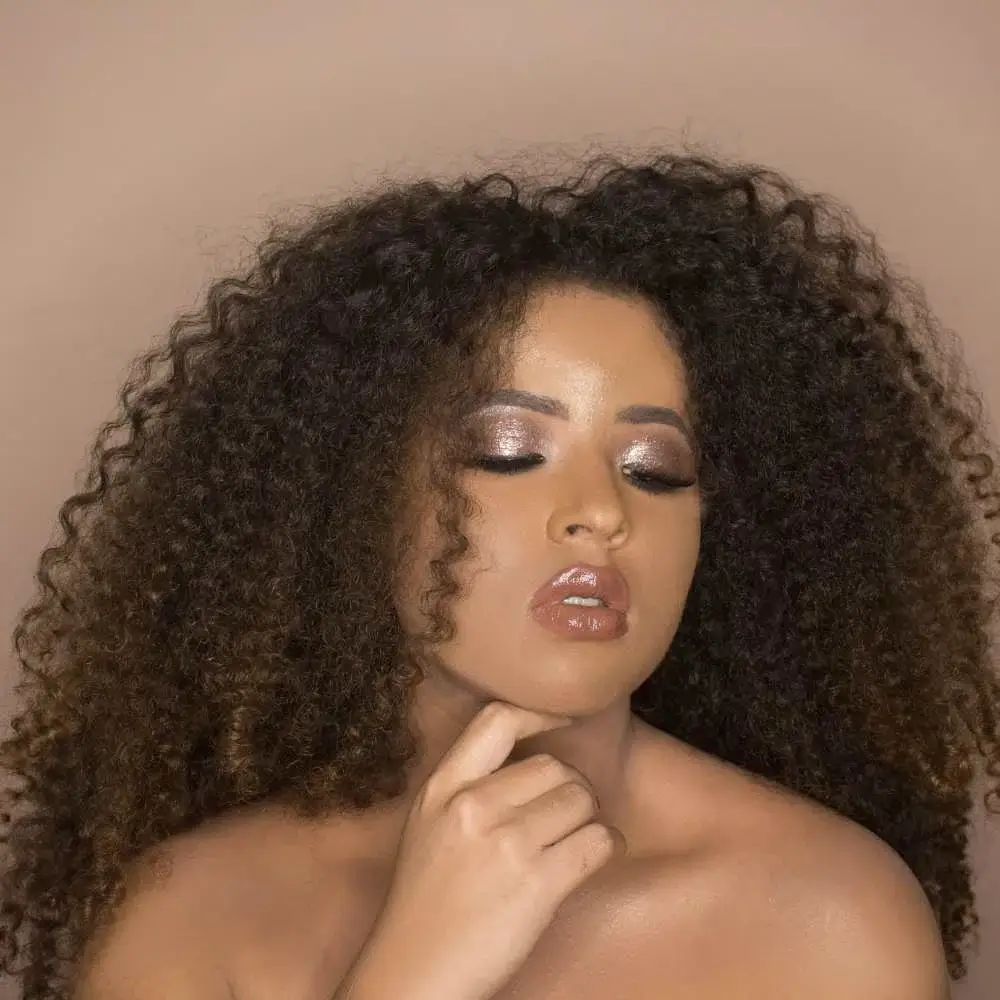
Understanding Curly Hair and Its Unique Needs
Curly hair isn't just a style statement; it's a beautiful, natural phenomenon that deserves all the love and attention it can get. But, as any curly-haired person will tell you, managing those gorgeous curls can sometimes feel like taming a wild beast. Before we dive into the world of deep conditioning, let's explore the unique characteristics and challenges of curly hair to truly appreciate why it requires special care.
Curly Hair Characteristics:
- Shape: Unlike straight hair, curly hair grows in a spiral shape, causing it to twist and turn on its journey from the scalp.
- Moisture Distribution: Due to its shape, natural oils from the scalp find it harder to travel along the entire hair shaft, leaving the ends prone to dryness.
- Cuticle Structure: The outer layer of curly hair, known as the cuticle, tends to be more raised and porous, making it susceptible to moisture loss and frizz.
Curly Hair Challenges:
- Dryness: As mentioned, curly hair struggles to retain moisture, leading to dryness, breakage, and split ends.
- Frizz: When the cuticle is raised, it allows moisture from the air to penetrate the hair shaft, causing it to swell and resulting in frizz.
- Tangles: Those beautiful twists and turns can easily become a tangled mess, especially when hair is dry and prone to breakage.
- Shrinkage: When your curls are dehydrated, they may appear shorter and less defined due to shrinkage.
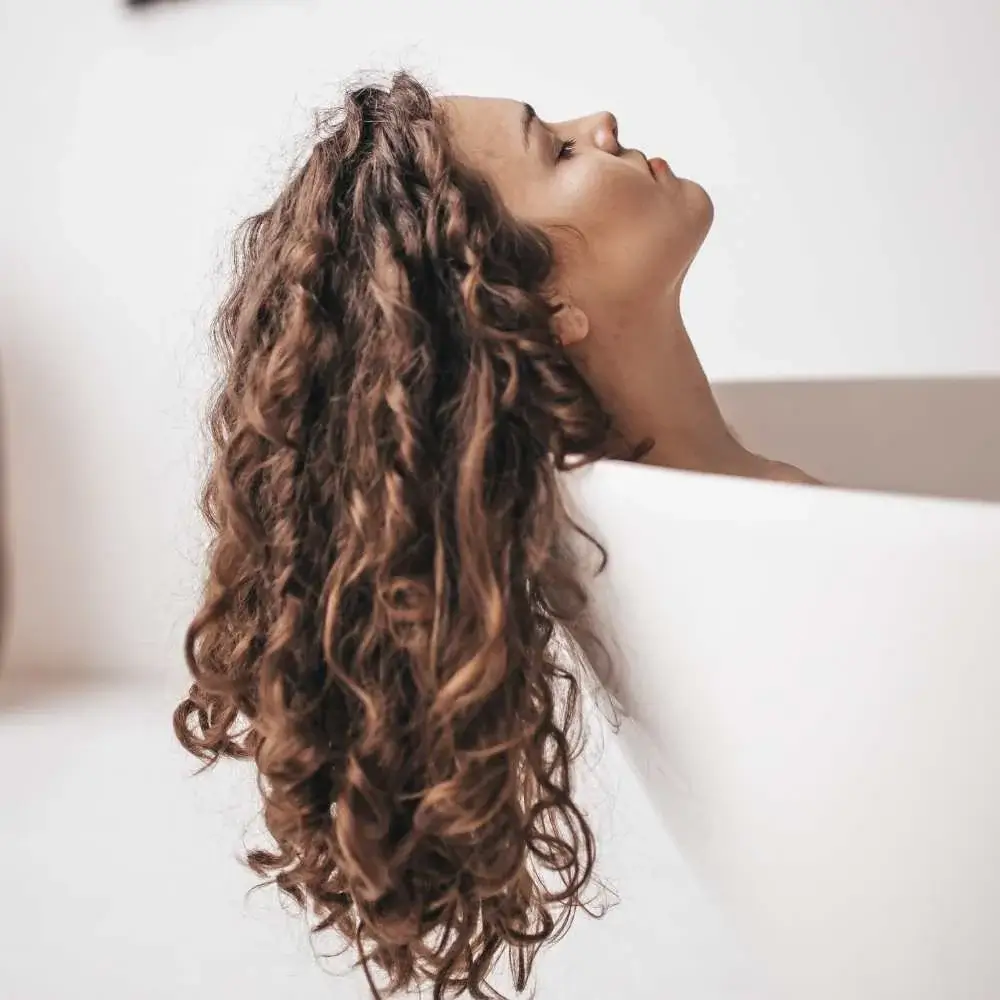
This is where deep conditioning comes in as the curly hair superhero! By infusing your hair with moisture and nutrients, deep conditioning helps combat these common challenges and maintains the overall health of your curls. Regular deep conditioning sessions can transform your hair by:
- Restoring moisture and hydration
- Reducing frizz and tangles
- Improving elasticity and strength
- Enhancing shine and softness
- Encouraging healthier curl definition and growth
In a nutshell, deep conditioning is the secret sauce to keeping your curls looking and feeling their best. So, let's unlock the power of deep conditioning and give your curls the VIP treatment they deserve!
Key Factors to Consider When Choosing a Deep Conditioner
When it comes to deep conditioning, not all products are created equal. To truly unlock the power of this curly hair savior, it's essential to choose the right product for your unique hair needs. In this section, we'll guide you through the key factors to consider when selecting the perfect deep conditioner for your curls.
Hair Type and Porosity
Hair Type: Curly hair can be categorized into three main types, each with its own set of needs:
- Wavy (Type 2): Wavy hair is characterized by its loose, S-shaped pattern. It often requires lightweight products to maintain its natural volume and prevent weighing it down.
- Curly (Type 3): Curly hair has a more defined spiral shape, with a tighter curl pattern. It usually needs extra moisture and hold to maintain definition and combat frizz.
- Coily (Type 4): Coily hair has the tightest curl pattern, often appearing in a zig-zag shape. This hair type is the most prone to dryness and breakage, requiring intense hydration and nourishment.
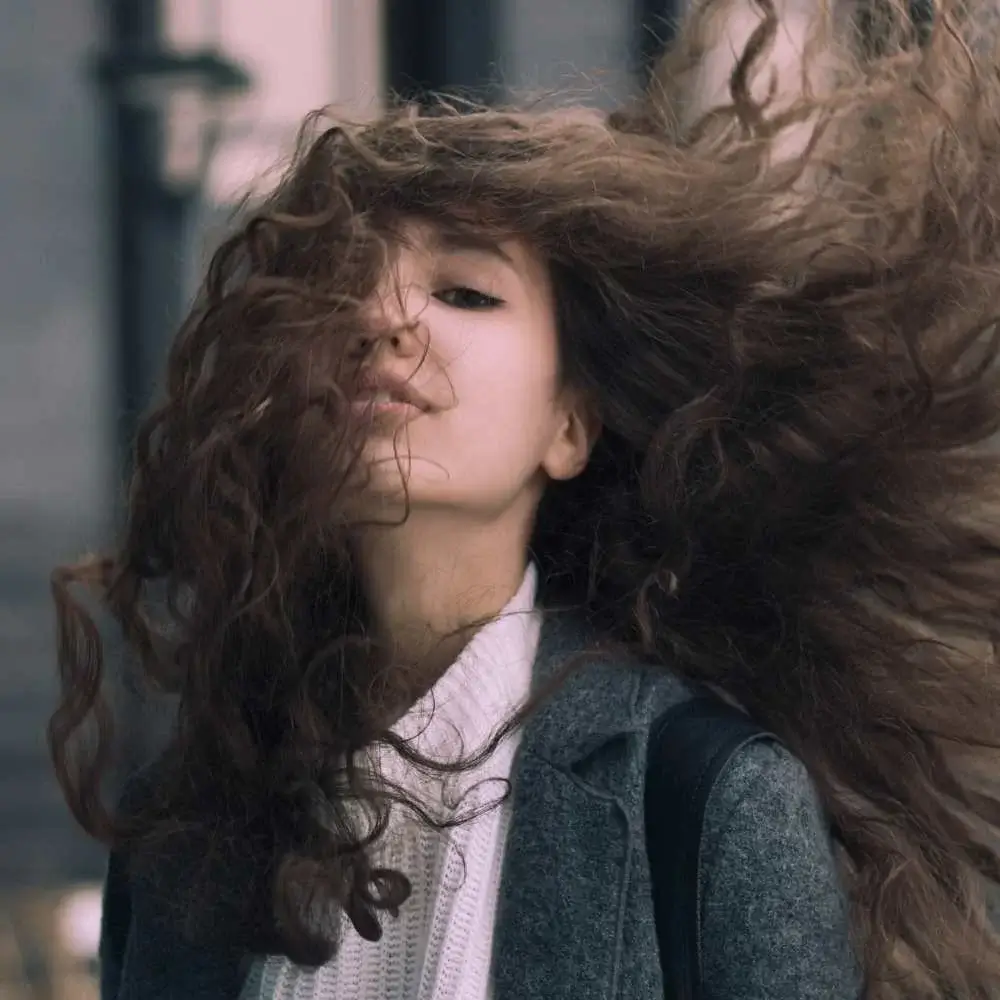
Hair Porosity: Hair porosity refers to your hair's ability to absorb and retain moisture. There are three levels of porosity:
- Low Porosity: Hair cuticles are tightly closed, making it difficult for moisture to penetrate. This hair type benefits from lighter products and heat application to help open up the cuticle.
- Medium Porosity: Hair cuticles are slightly raised, allowing for a balanced absorption of moisture. This hair type typically responds well to most products and conditioning treatments.
- High Porosity: Hair cuticles are highly raised or damaged, causing moisture to be easily absorbed but quickly lost. This hair type requires rich, moisturizing products and protein treatments to strengthen and seal the cuticle.
Understanding your hair type and porosity will help you choose a deep conditioner that effectively targets your hair's specific needs.
Ingredients to Look for
When selecting a deep conditioner, it's essential to pay attention to the ingredients. Here are some key ingredients that are especially beneficial for curly hair:
- Shea Butter: This natural fat, derived from the shea tree, is packed with vitamins and fatty acids, providing intense hydration and nourishment to dry, damaged hair.
- Coconut Oil: Rich in lauric acid, coconut oil penetrates the hair shaft, delivering moisture and reducing protein loss, which helps to strengthen and protect your curls.
- Aloe Vera: This soothing plant extract is a natural humectant, attracting and locking in moisture, while also providing essential nutrients and antioxidants to promote healthy hair growth.
These ingredients work wonders for curly hair, providing much-needed moisture, nourishment, and protection.
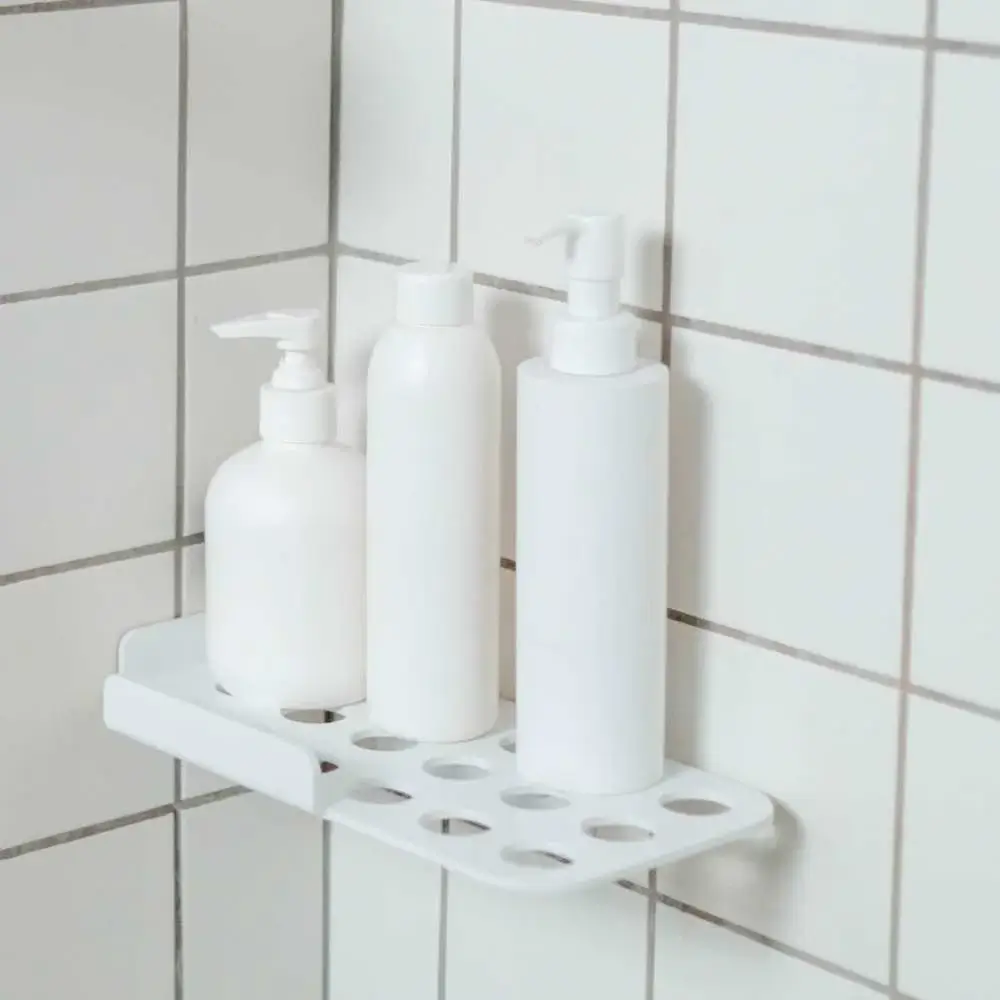
Product Formulation and Consistency
Deep conditioners come in various formulations, each with its own set of pros and cons:
- Creams: These thick, creamy products are ideal for medium to high-porosity hair, as they provide a rich dose of moisture and nutrients. They may be too heavy for low porosity or wavy hair types.
- Masks: Hair masks often contain a blend of oils, butter, and other nourishing ingredients, providing intense hydration and repair. They can be used on all hair types but may require a longer processing time.
- Leave-in Conditioners: Leave-in products offer a lightweight alternative to traditional deep conditioners, making them perfect for wavy hair or low-porosity hair that struggles with product build-up.
When it comes to consistency, it's essential to find a product that is thick enough to coat and penetrate your hair without being
Our List of the Top Products in This Category
- BIOLAGE Ultra Hydrasource Conditioner
- Shea Moisture Raw Shea Butter Conditioner
- Aussie Deep Conditioner

Tips for Optimal Deep Conditioning
Achieving maximum benefits from your deep conditioning treatment requires more than just slapping on a product and calling it a day. To truly transform your curls, follow these expert tips and techniques for optimal deep conditioning results.
Application Techniques
To effectively apply a deep conditioner to your curly hair, follow these step-by-step instructions:
- Wash your hair: Start by cleansing your hair with a gentle shampoo to remove dirt, oil, and product build-up, creating a clean canvas for deep conditioning.
- Section your hair: Divide your hair into 4-6 manageable sections, depending on its thickness and length. This will ensure even product distribution and make the application process easier.
- Apply the deep conditioner: Working one section at a time, apply a generous amount of deep conditioner, starting from the ends and working your way up to the roots. Be sure to avoid the scalp, as this can cause build-up and weigh your curls down.
- Massage and detangle: Gently massage the deep conditioner into your hair, using your fingers or a wide tooth comb to detangle and distribute the product evenly. Take your time to avoid breakage and ensure all strands are coated.
- Let it sit: Once your hair is fully saturated, allow the deep conditioner to work its magic for the recommended time on the product label, typically 15-30 minutes. You can also use a shower cap or plastic wrap to lock in moisture and heat.
- Rinse thoroughly: After the processing time has passed, rinse your hair thoroughly with cool water to seal the cuticle and lock in the moisture and nutrients from the deep conditioner.
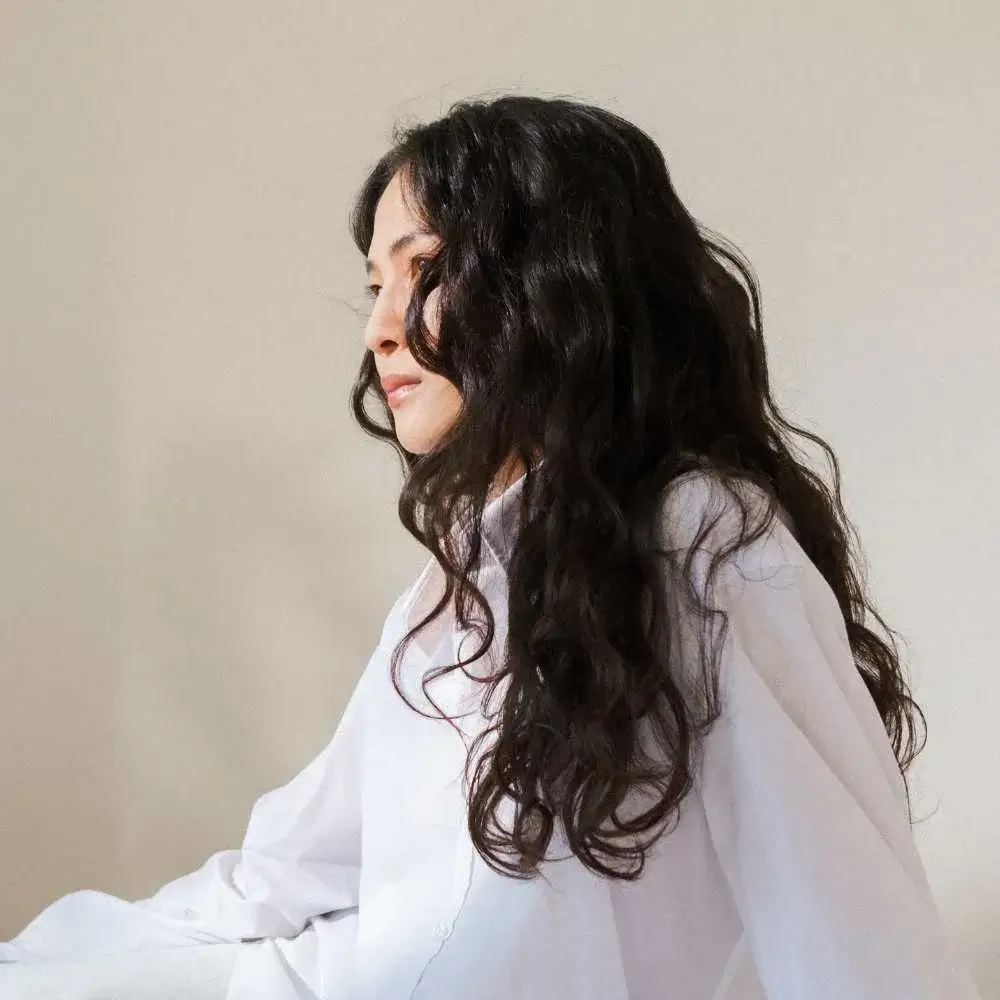
Enhancing Deep Conditioning Results
To maximize the effectiveness of your deep conditioning treatment, consider incorporating these additional tips and tricks:
- Use heat: Applying gentle heat during the conditioning process helps open up the hair cuticle, allowing for better product absorption. You can use a heated cap, a hooded dryer, or simply wrap a warm towel around your hair while the conditioner sits.
- Incorporate steam: Steam treatments can work wonders for curly hair, as they help to open the cuticle and infuse moisture deep into the hair shaft. You can use a steamer, or simply enjoy a steamy shower while your deep conditioner processes.
Maintenance and Frequency
The frequency of deep conditioning treatments depends on your individual hair needs. As a general guideline, consider the following recommendations:
- Wavy hair (Type 2): Deep condition every 2-4 weeks, or as needed when you notice your hair becoming dry or losing its natural bounce.
- Curly hair (Type 3): Deep condition every 1-2 weeks, depending on the level of dryness and damage.
- Coily hair (Type 4): Aim to deep condition hair once a week, or even more frequently if your hair is extremely dry or damaged. (Best Conditioner For Damaged Hair here)
Remember to listen to your hair and adjust your deep conditioning routine accordingly. With consistent care and attention, you'll soon be rocking the bouncy, hydrated curls of your dreams!
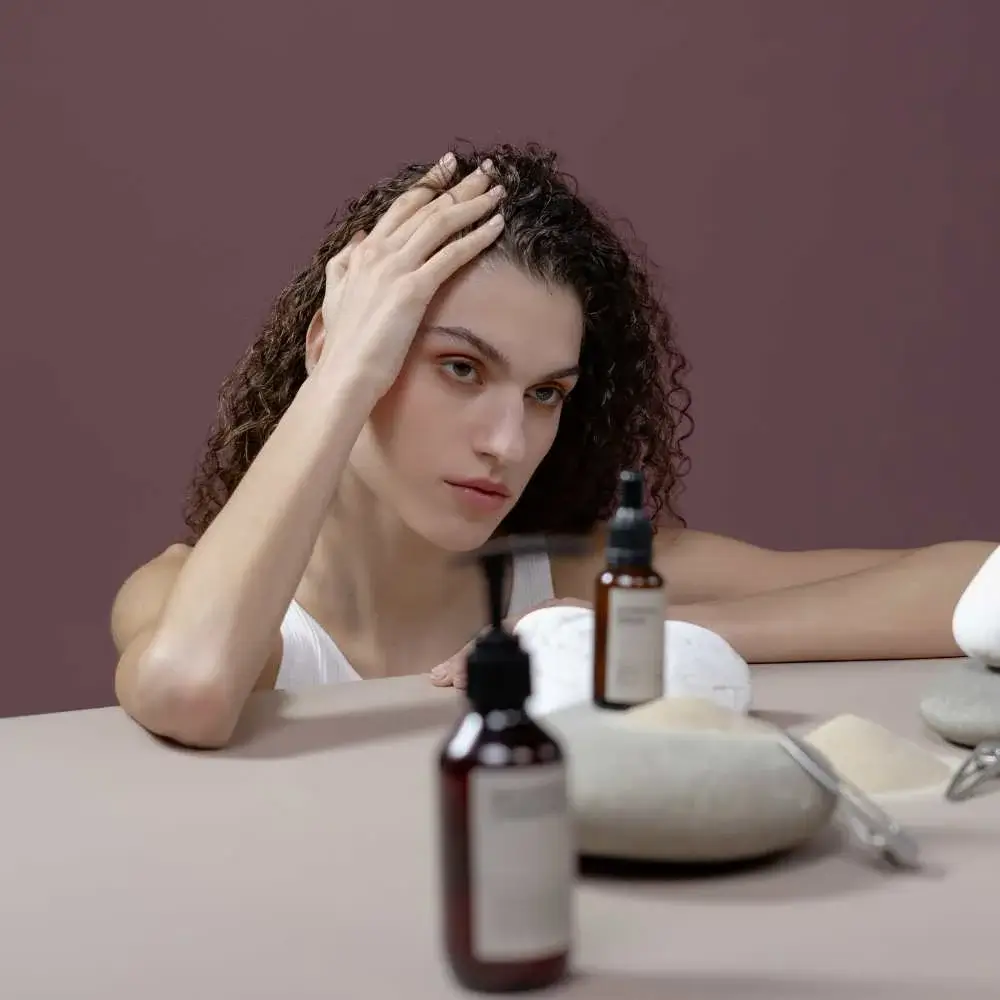
Deep conditioning is an essential step in the curly hair care journey, playing a vital role in maintaining the health, hydration, and overall fabulousness of your curls. By understanding your hair type, porosity, and the key factors to consider when choosing a deep conditioner, you'll be well on your way to unlocking the full potential of your gorgeous curls.
We encourage you to explore the recommended products and techniques mentioned in this guide and remember that every curly-haired individual is unique. Experiment to find the perfect deep conditioning routine tailored to your specific hair needs, and don't be afraid to make adjustments as you learn more about your curls.
For more tips, tricks, and resources on maintaining healthy curly hair, be sure to check out our other articles and guides. We're here to support you every step of the way, so you can confidently rock your curls and let your true self shine.
Here's to a future filled with happy, hydrated, and beautiful curls!
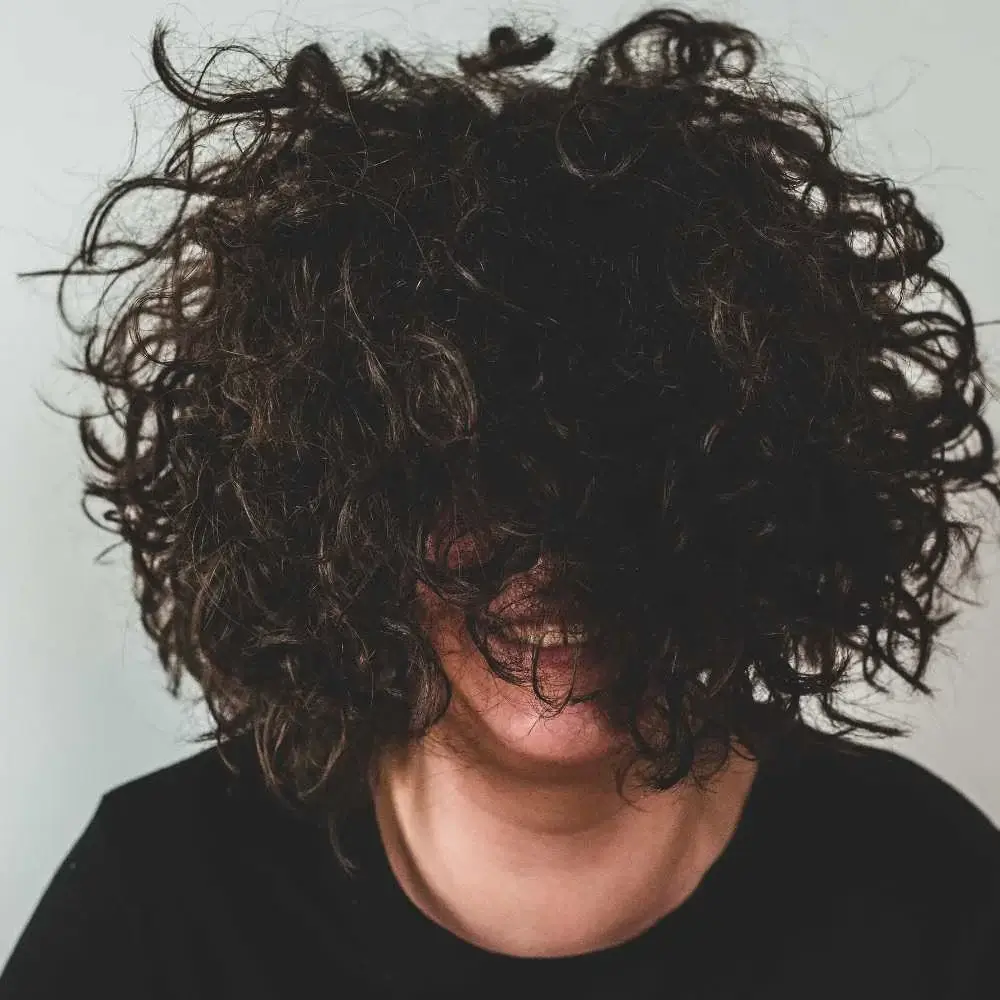
Curl Power: FAQs on the Best Deep Conditioners for Curly Hair
Do I need to use a deep conditioner if I already use a regular conditioner?
Yes, deep conditioners provide a higher level of moisture and nourishment compared to regular conditioners, making them essential for maintaining healthy curly hair.
How often should I deep condition my curly hair?
The frequency depends on your hair type and needs. Wavy hair may require deep conditioning every 2-4 weeks, curly hair every 1-2 weeks, and coily hair once a week or more, depending on dryness and damage.
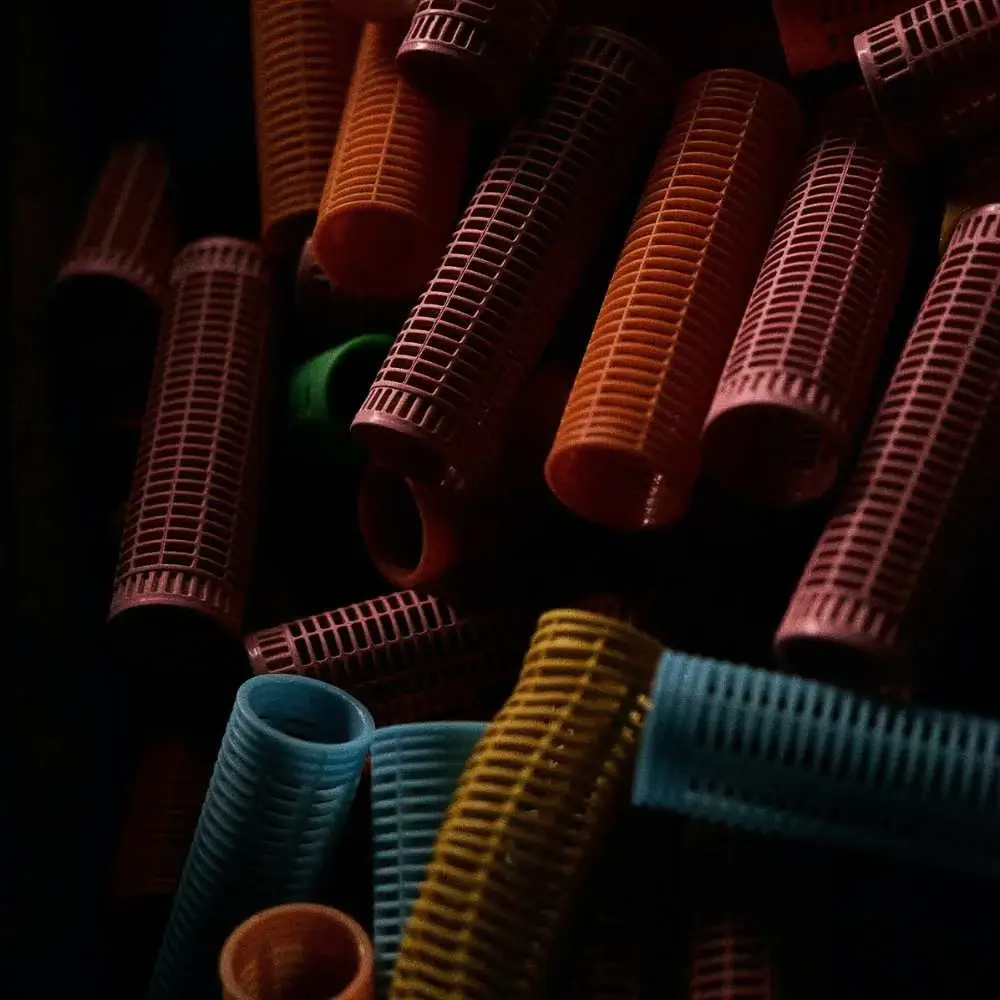
Can I deep condition my hair overnight?
It's generally not recommended, as over-conditioning can lead to limp, weighed-down curls. Follow the product's recommended processing time for optimal results.
How can I enhance the results of my deep conditioning treatment?
Using heat or steam during the conditioning process can help open up the hair cuticle, allowing for better product absorption and more effective results.
What is the difference between a deep conditioner, a mask, and a leave-in conditioner?
Deep conditioners and masks are typically thick, creamy products that provide intense hydration and repair, while leave-in conditioners are lightweight alternatives that offer ongoing moisture and protection.

What is the best way to apply a deep conditioner to curly hair?
Apply the product to clean, damp hair in sections, starting at the ends and working up to the roots. Massage and detangle gently, and let it sit for the recommended time before rinsing thoroughly.
Can I use a deep conditioner on color-treated or chemically processed-hair?
Absolutely! In fact, deep conditioning is especially important for maintaining the health and integrity of hair that has been color-treated or chemically processed. Just make sure to choose a product that is safe for color-treated hair.


